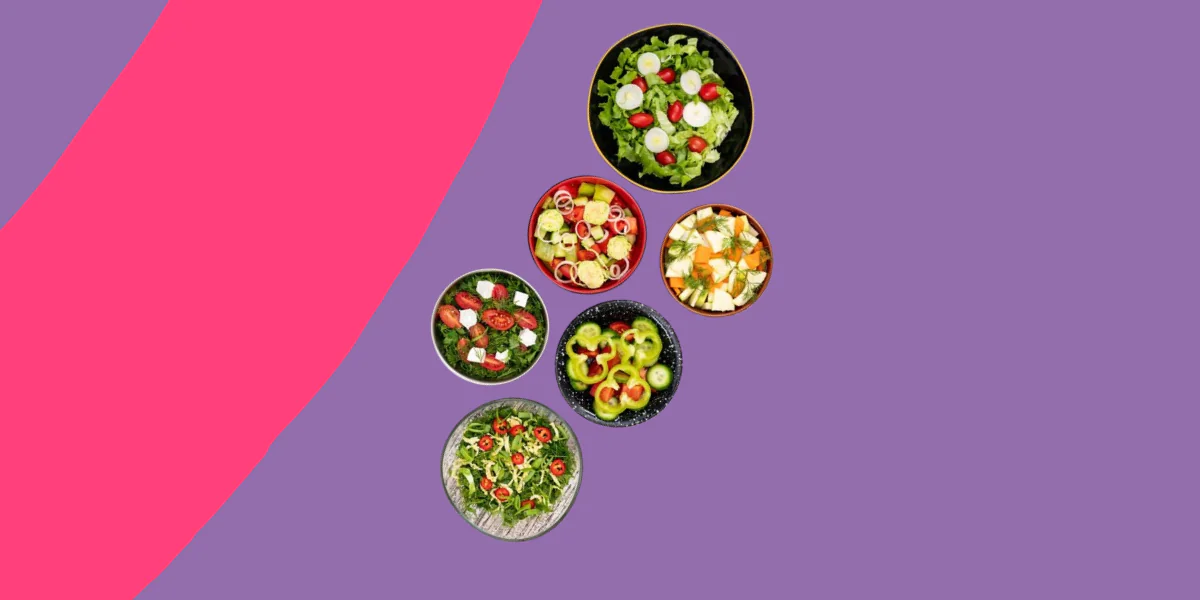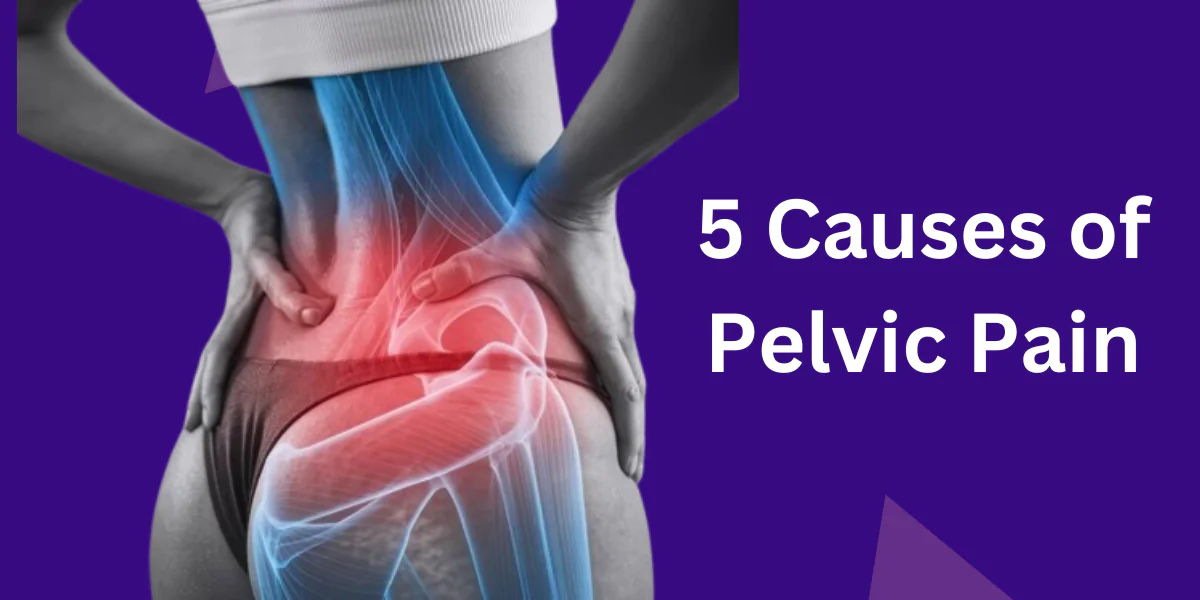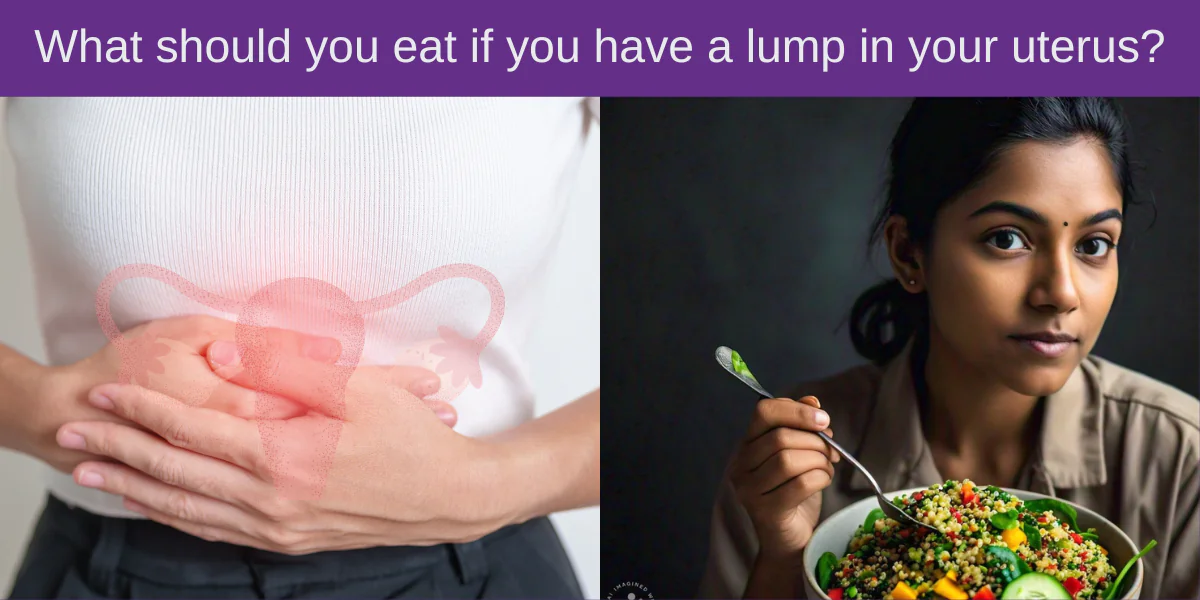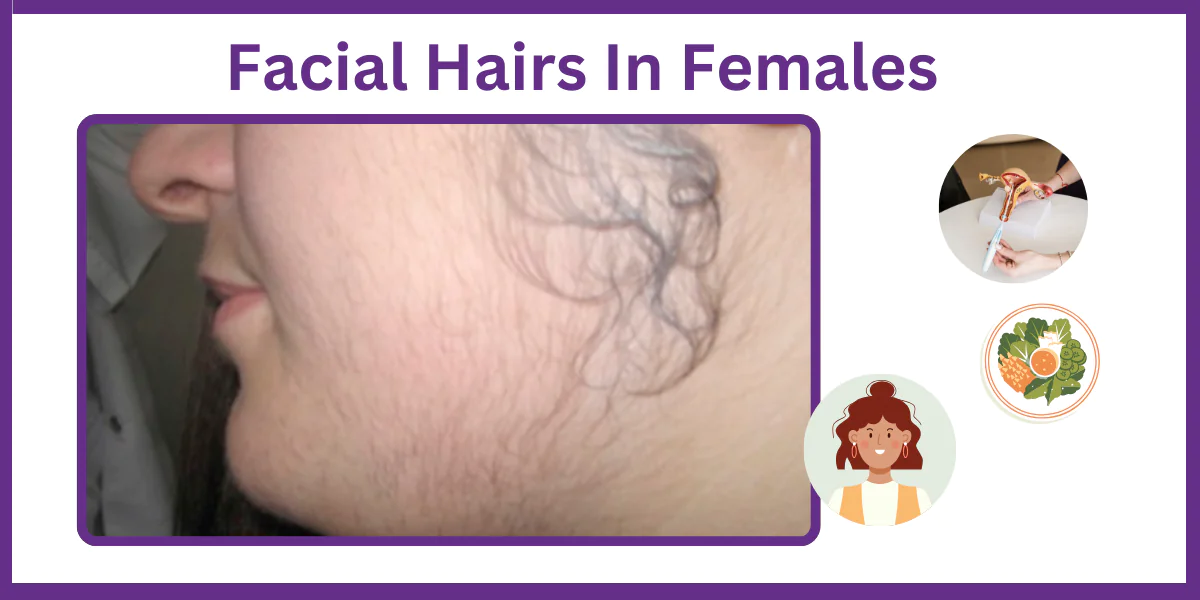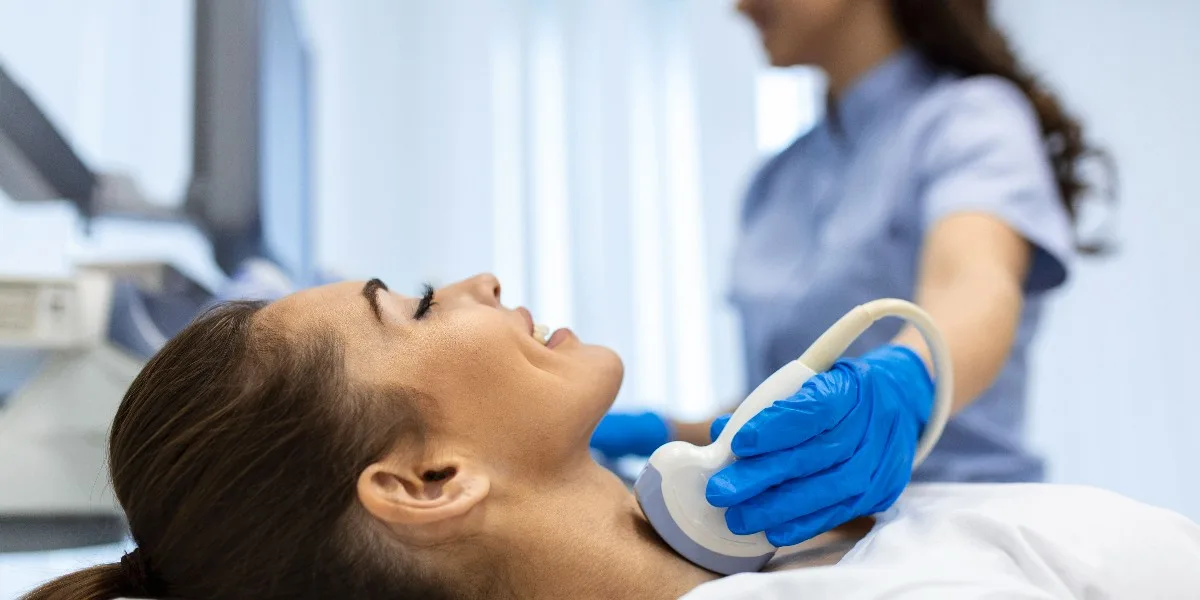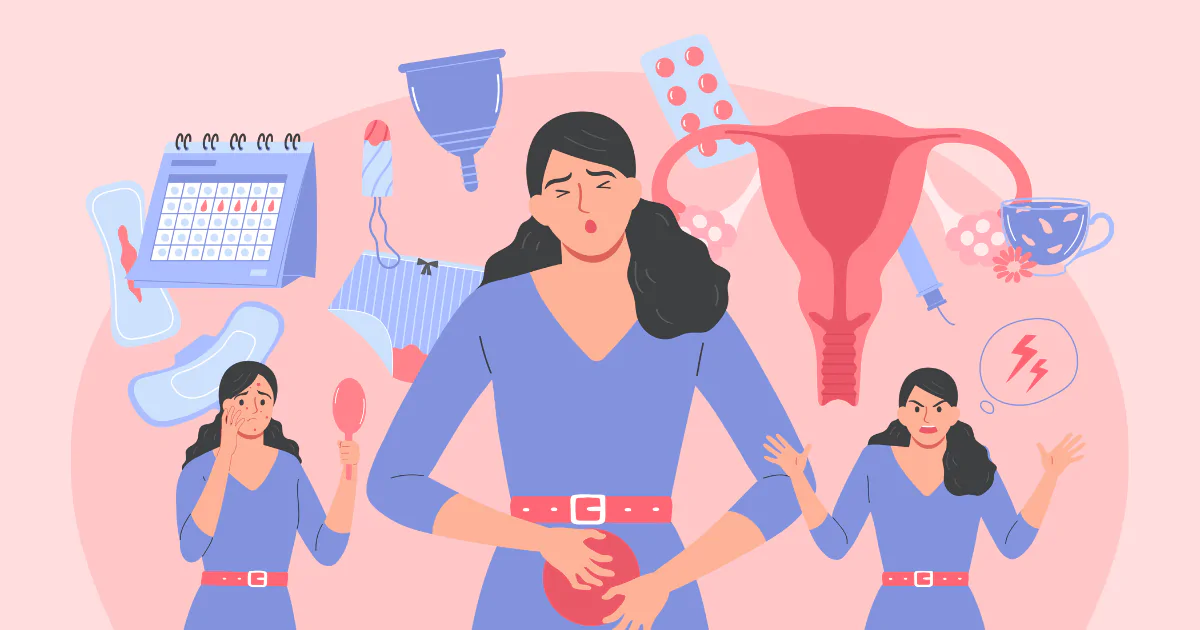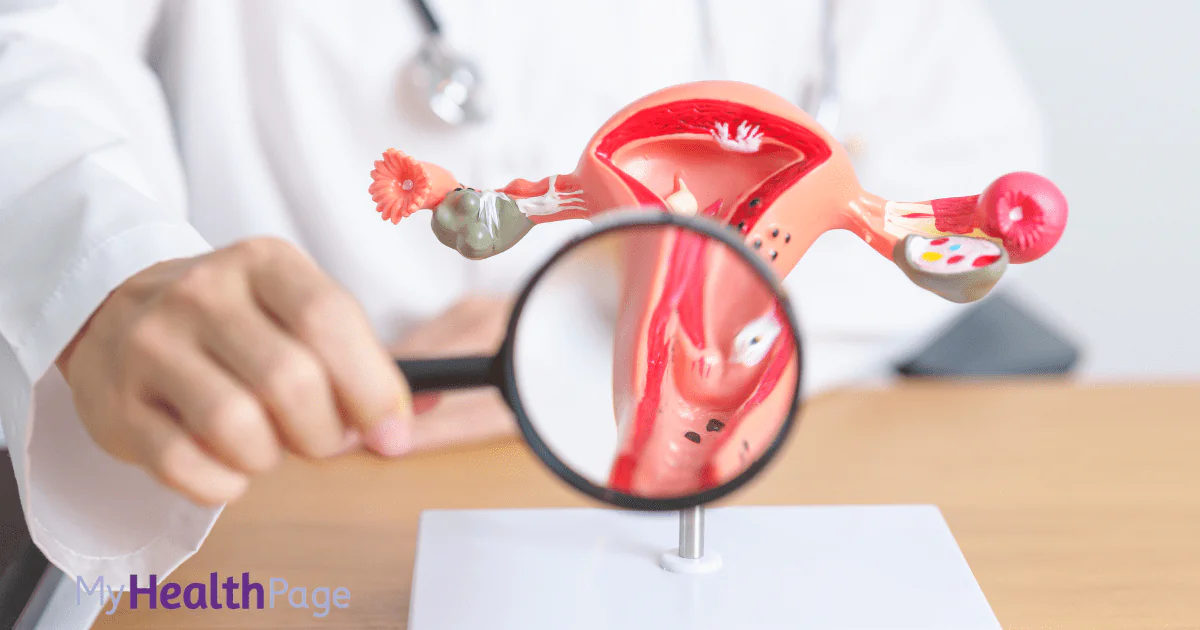After gallbladder surgery, also known as a cholecystectomy, your digestive system undergoes adjustments. Since the gallbladder plays a role in digesting fats, it’s essential to modify your diet to support healing and maintain digestive health. What you eat after surgery can impact how quickly you recover and how your body adapts in the long run.
Summary of Key Points
- Post-surgery, avoid fatty, fried, and spicy foods as they may trigger digestive discomfort.
- Focus on low-fat, easily digestible foods to ease digestion.
- Opt for plant-based proteins and fiber-rich foods to support recovery.
- Long-term dietary changes are crucial for maintaining digestive health after gallbladder removal.
4 Foods to Limit Post-Gallbladder Surgery
1. Fatty or Fried Foods
Fatty foods can be tough for your body to digest without a gallbladder. Since the gallbladder stores bile, which helps break down fats, eating high-fat meals can lead to indigestion, bloating, or diarrhea after surgery. Fried foods, in particular, are loaded with unhealthy fats that can strain your digestive system. Instead, stick to grilled, baked, or steamed options to avoid unnecessary complications.
2. Dairy Products
Full-fat dairy products like cheese, cream, and butter are high in saturated fats, which can slow digestion and cause discomfort post-surgery. After gallbladder removal, many people find that their bodies struggle to process dairy efficiently. If you enjoy dairy, opt for low-fat or fat-free versions of milk, yogurt, and cheese to help reduce the strain on your digestive system.
3. Processed and Sugary Snacks
Processed foods, especially those high in sugar, can disrupt your digestion after gallbladder surgery. These foods often contain unhealthy fats and additives that are difficult for the body to break down. Sugary snacks like cookies, cakes, and candy can also trigger digestive issues and add unnecessary calories to your diet. Instead of processed snacks, choose whole, nutrient-dense options like fruits or nuts in moderation.
4. Foods High in Spices
Spicy foods can irritate your digestive system, especially after gallbladder surgery. They may cause heartburn, acid reflux, or discomfort. While spices like turmeric and ginger may help reduce inflammation, very spicy dishes such as hot curries, jalapeños, or chili peppers can make digestion more difficult. It’s best to limit heavily spiced foods and gradually reintroduce milder options as your body heals.
4 Foods That Support Recovery After Gallbladder Surgery
1. Low-Fat, Whole Foods
After surgery, your body needs foods that are gentle on your digestive system. Low-fat, whole foods like fruits, vegetables, whole grains, and lean meats are great options. These foods are easy to digest and provide essential nutrients without overloading your system with fats. Incorporating a variety of colorful fruits and vegetables ensures you’re getting the vitamins and minerals needed for recovery.
2. Easy-to-Digest Options
In the early stages of recovery, it’s important to eat foods that don’t overwhelm your digestive system. Soft, bland options like oatmeal, mashed potatoes, applesauce, and boiled vegetables are easy on the stomach and can help prevent digestive issues. Clear broths, soups, and smoothies are also great choices as they provide hydration and nourishment without being too heavy.
3. Protein from Plant Sources
Plant-based proteins like lentils, chickpeas, tofu, and quinoa are excellent choices after gallbladder surgery. These proteins are naturally low in fat and easier to digest compared to animal proteins like beef or pork. Additionally, plant-based options provide a good source of fiber, vitamins, and minerals that aid in recovery. If you prefer meat, opt for lean sources like skinless chicken or fish.
4. Foods Rich in Fiber
Fiber is essential for keeping your digestive system running smoothly, especially after gallbladder removal. Foods high in fiber, such as whole grains, beans, legumes, and leafy green vegetables, help regulate bowel movements and prevent constipation. However, it’s important to introduce fiber gradually into your diet to avoid gas or bloating. Aim for soluble fiber sources like oats, bananas, and carrots, which are gentler on the stomach.
Additional Dietary Tips for Post-Surgery Recovery
- Eat smaller, more frequent meals: After gallbladder removal, your body may have trouble digesting large meals. Eating smaller portions throughout the day can help your digestive system cope better.
- Stay hydrated: Drinking plenty of water is crucial for digestion and overall health. Proper hydration helps your body process nutrients and maintain bowel regularity.
- Introduce new foods slowly: Give your body time to adjust to different foods after surgery. Slowly reintroduce more complex meals and monitor how your body reacts.
Long-Term Changes in Eating Habits After Gallbladder Surgery
Long-term dietary adjustments are important to maintain digestive health after gallbladder surgery. Since your body no longer has a gallbladder to store bile, eating a diet low in unhealthy fats and processed foods can prevent future digestive issues. Focusing on whole, nutrient-dense foods will not only aid digestion but also support your overall well-being. Regular exercise, maintaining a healthy weight, and monitoring portion sizes can further enhance your long-term health.
Related: 7 Essential Daily Tips for Vaginal Hygiene
Medical Disclaimer: This article is for informational purposes only and is not a substitute for professional medical advice. Always consult with a healthcare provider for personalized recommendations.

